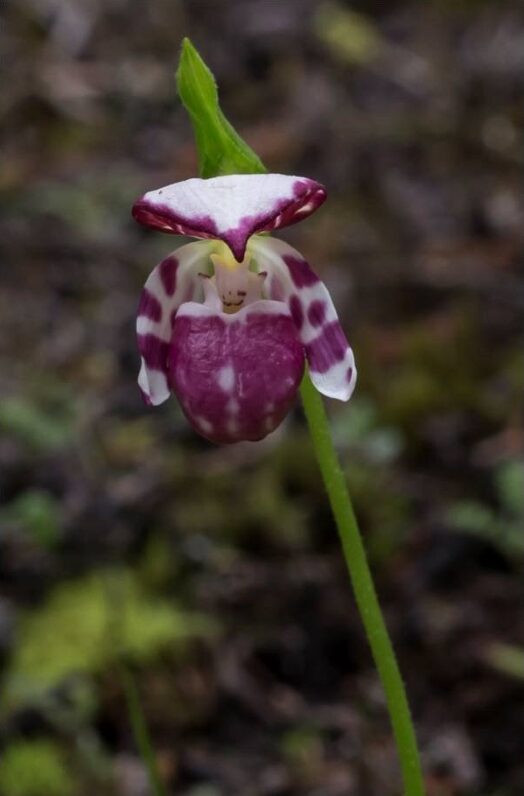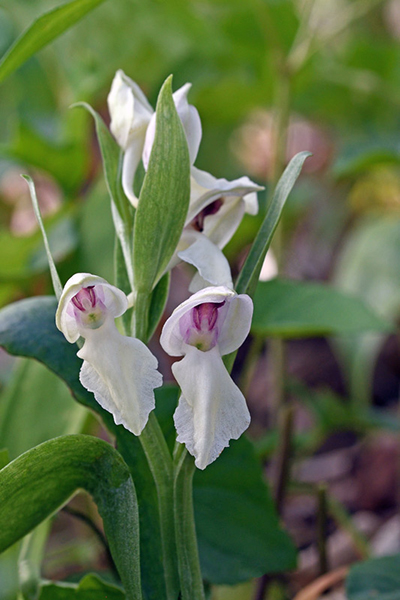- Orchidaceae is the world’s largest flowering plant family, with 28,000+ species in 736 genera.
- The Orchid family represents a tremendous amount of biodiversity distributed across our planet’s many ecosystems - from the tropics to the high Arctic regions. Orchids outnumber bird species 2:1 and mammal species 4:1.
- Orchids are the source of exciting biology in their own right, with much still unknown.
- There is a need for more concerted efforts to conserve wild orchids via the establishment of plant, seed, and fungal banks representing their immense genetic diversity.
- Orchids are important for the study of evolution as a whole, to understand speciation, fungal relationships, pollinator interactions and habitat adaptability.
- Orchids play a vital role in their natural ecosystems and environmental health. Given their interdependence with specific trees, pollinators, soils, and mycorrhizal fungi, their presence is an indicator that the pieces of the environmental puzzle are in place. When orchids disappear from their historical habitats, it is an early sign that something is wrong. Orchids are a “canary in the coal mine”, and a sign that urgent attention is needed to address accelerated climate change and biodiversity loss.
 Support
Support



